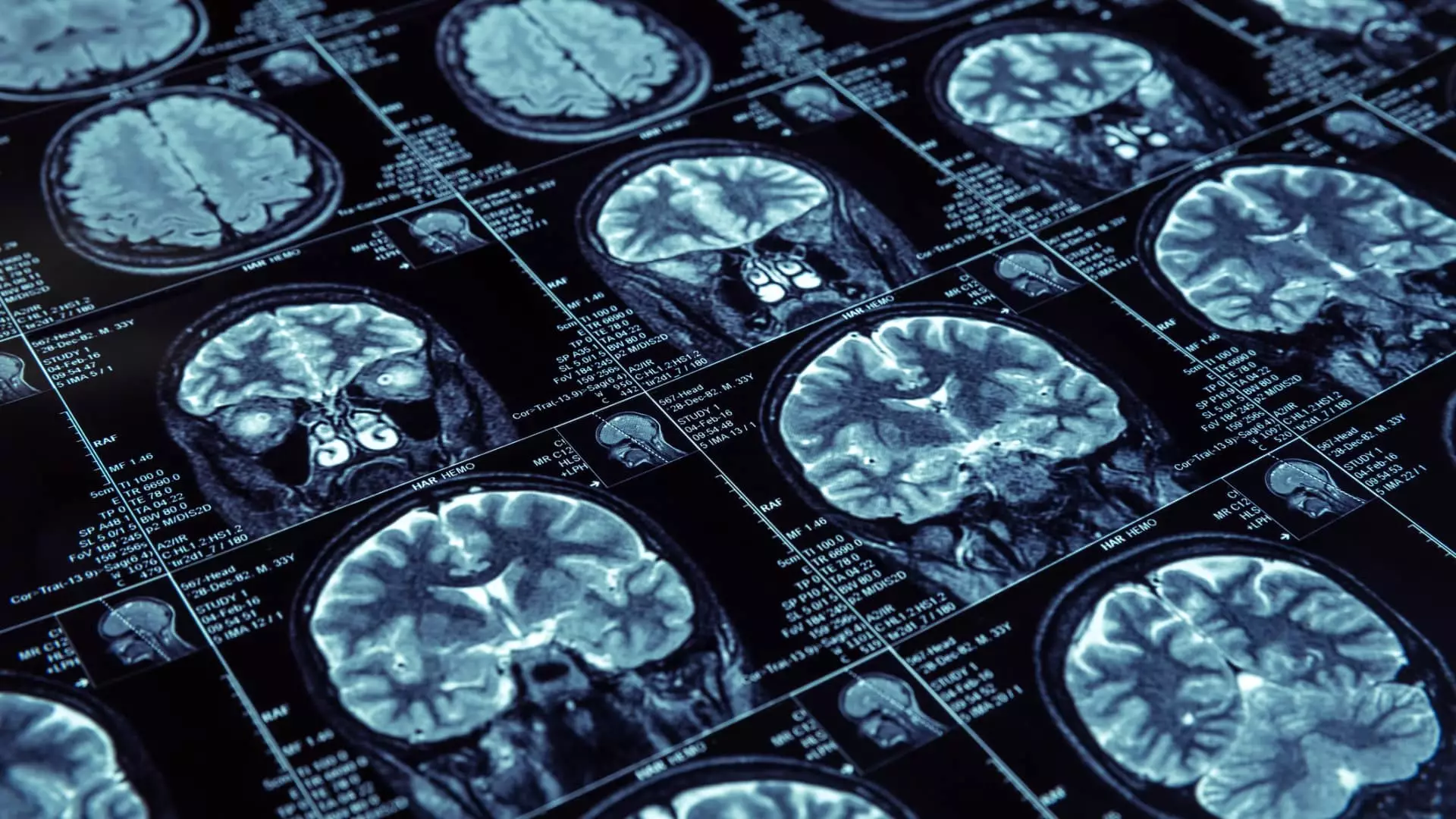In today’s world, the question of what constitutes a thought is not just a philosophical inquiry. With advancements in technology, particularly in the collection and interpretation of brainwaves, our thoughts are becoming increasingly measurable and subject to technical analysis. The issue at hand is that this data is now being commodified, with companies in the wearable consumer technologies space buying and selling captured brain data without adequate protections for users.
The Colorado Privacy Act
Recognizing the potential risks associated with the unrestricted handling of brain data, Colorado recently passed a groundbreaking privacy act to safeguard individuals’ rights. Under the existing “Colorado Consumer Protection Act,” this new legislation expands the definition of “sensitive data” to include “biological data,” encompassing various biological, genetic, biochemical, physiological, and neural attributes. While medical devices like Elon Musk’s Neuralink are protected under stringent privacy requirements like HIPAA, the focus of the Colorado law is on consumer technologies that do not require medical procedures and lack similar safeguards.
A plethora of companies are producing wearable technologies that capture brain waves, also known as neural data. From sleep masks to biofeedback headsets, these products utilize electrodes to measure brain activity and, in some cases, send electric impulses to influence brain functions. Despite the increasing availability and use of such devices, the regulations surrounding the handling of brain data are virtually non-existent.
Experts in the field have emphasized the necessity of setting up guardrails to govern the collection, processing, and utilization of brain data. As consumer neurotechnology continues to evolve, the potential for data exploitation grows, especially with the integration of AI technology. The involvement of private actors and the implementation of responsible innovation frameworks are crucial to maintain the privacy and integrity of individuals’ brain data.
Challenges and Risks
The rapid advancement of neurotechnology poses various challenges and risks, including hacking, corporate profit motives, and inadequate privacy laws. With brain data being likened to fingerprints in terms of privacy protection, there is a pressing need to address the potential misuse and abuse of this sensitive information. The lack of comprehensive understanding about the limitations and implications of collecting neural data further complicates the regulatory landscape.
Towards a Secure Future
Moving forward, it is imperative to establish clear regulations and standards to govern the use of consumer brain data. Initiatives like the Colorado Privacy Act set a precedent for ensuring transparency, accountability, and user empowerment in the neurotechnology industry. By promoting education and awareness among consumers, as well as implementing mechanisms for compliance and risk mitigation on the corporate side, we can strive towards a more secure and ethical utilization of brain data.
The burgeoning field of consumer neurotechnology necessitates a careful balance between innovation and privacy protection. As technology continues to advance, it is crucial to prioritize the establishment of regulatory frameworks that safeguard the rights and well-being of individuals. By proactively addressing the challenges associated with brain data privacy, we can pave the way for a responsible and sustainable future in the realm of consumer technology.


Leave a Reply